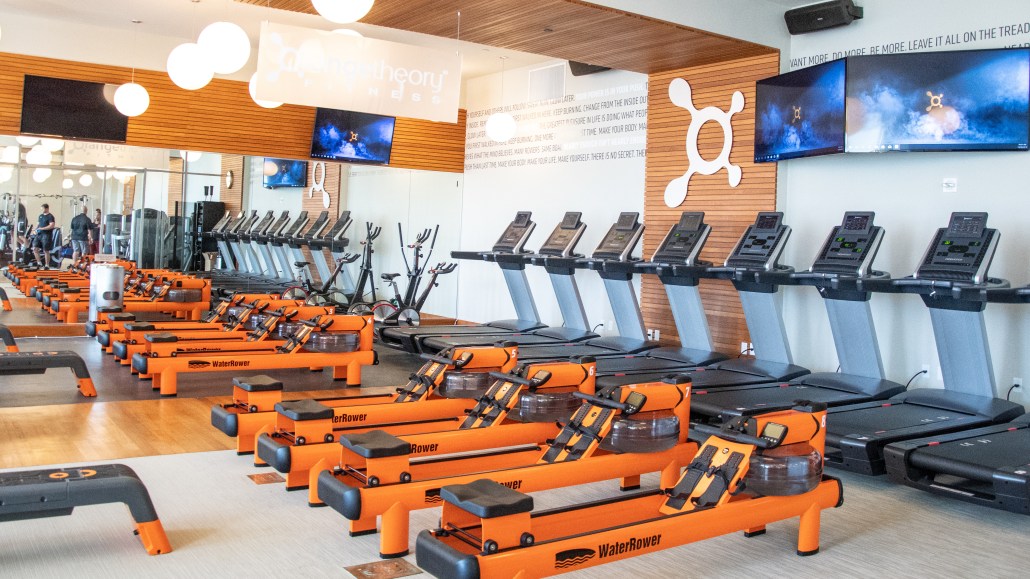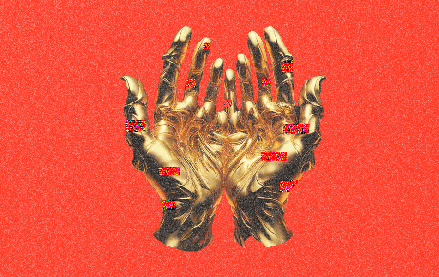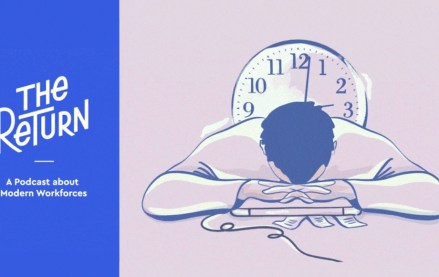Orangetheory is launching pop-up gyms inside hotels

High-end gym chain Orangetheory is testing out pop-ups for the first time. The company, which operates 1,000 gyms in 16 countries, is launching them to reach a new customer segment — travelers.
Orangetheory launched its first pop-up location last week at the Boca Raton Resort and Club, a Hilton-owned Waldorf Astoria hotel, and in 2019, plans on launching about a dozen more in hotels across the U.S., according to Kevin Keith, chief brand officer at Orangetheory.
At the first location, any guest at the resort can purchase a group interval training class for $30 or, if they are already members of the gym, join a class for $20. Keith said the company is also working on merging fitness with wellness by designing packages that would pair an Orangetheory class with other amenities at the hotel such as spa services. The pop-up will last six months.
Pop-ups will help the franchise, which now caters to 600,000 members, to test brick-and-mortar space inside of hotels before committing to leases. Keith said Orangetheory wants to be in hotels to provide current members with a gym to go to while they are on vacation, at the same time as boosting the awareness of the brand. “We want to be where they are,” Keith said.
The pop-up, filled with Orangetheory’s regular equipment, will run like other Orangetheory gyms, with some exceptions. Orangetheory plans on bringing in trainers from around the country to lead classes. These trainers act like Orangetheory influencers, who will offer up free stays at the hotel via contests on their Instagram and other social media accounts.
“From a brand perspective, it’s an influencer hub,” said Keith. “We are hand-selecting the best coaches who have earned their popularity and bringing them to the pop-up to attract others.”
Orangetheory also plans on using the space, and the pop-ups to come, in addition to its corporate owned studios, as testing grounds for some of its emerging connected fitness technology before rolling it out to the rest of its gyms. At Orangetheory gyms, for instance, members use wearables to monitor their heartbeat.
The hotel space is an attractive one for fitness brands. When people are on vacation, they have the time to check out new services and are already open to paying for experiences. Plus, hotel guests are already accustomed to seeing branded products and stores within hotels, said Moira Vetter, founder and CEO of ad agency Modo Modo Agency. “Your coffee, soap, water, showerhead and pillow are often co-branded, why not the gym?”
As such, there are a number of fitness companies currently working with hotel chains to gain new customers and be there for existing ones. Peloton bikes are available in rooms at Westin Hotels, workout booking service FitReserve offers classes at Triumph Hotel properties and New Balance teamed up with Westin Hotels and Resorts to loan out shoes and clothing to guests with Reebok doing the same with Fairmont Hotels and Resorts. Equinox is taking the trend to the extreme with a plan to build its first Equinox hotel in New York in 2019.
“Wellness is the next frontier when it comes to travel and hospitality,” said Michael Khoury, strategy director at marketing consultancy Landor, who said these collaborations benefit the hotels just as much. “Hotels that up their wellness game can truly differentiate themselves for health-minded road warriors that are usually stuck in windowless hotel basement gyms.”
More in Marketing

With the rise of the chief AI officer, it’s time to examine ‘czar’ culture
Even if it’s a familiar pattern — hot new thing, new C-Suite exec to tackle said thing, a few years go by and that C-Suite position no longer exists as everyone is now doing said thing (or it was a fad that has since faded away) — does it make sense for businesses to continue to appoint new czars with every new trend?

Why Cava’s bid for brand awareness means prioritizing streaming ads
Fast-casual restaurant chain Cava has been in growth mode over the past year and is leaning into streaming ads in an effort to boost brand awareness.

A history of middle manager stress: The Return podcast, season 3, episode 1
In episode one, McKinsey partner Emily Field tells us more about why middle management is critically important to the workforce.








